Information regarding Certification
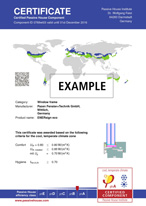 The Passive House requires high quality components: super-insulating window frames, highly efficient ventilation units, thermal bridge free connection details, glazing that allows solar gains, compact heat pump units...
The Passive House requires high quality components: super-insulating window frames, highly efficient ventilation units, thermal bridge free connection details, glazing that allows solar gains, compact heat pump units...
Certified Passive House suitable products allow users to verify and compare the relevant parameters of the respective products.
- health and living comfort (“comfort criteria”) and
- the energy balance in practice (“energy criteria”).
It is the objective of the PHI to base the standard of these requirements on the physically or physiologically verifiable, objectively determinable criteria (e.g. maximum radiation temperature difference of 5 K between the half spaces, derived from ISO7730). Efficiency categories have been introduced (e.g. for Passive House windows) where this alone is not sufficient for formulating the criteria.
Where possible, climate-independent criteria have been formulated, but this is usually less understandable for the user, and this is why criteria have also been specified for defined climate zones.
All criteria can be expressed by using measurable quantities and tested by using established methods. The specific values of the respective products which are relevant for the energy balance, as well as those for determining comfort, have been given in the certificate. These can thus be entered directly into the PHPP.
The specific values are defined so that they really are characteristic of the behaviour of a component in a built Passive House (e.g. reference to the building envelope in the balance boundary of ventilation systems).
Each of the specific values refers to the relevant product only; any limiting conditions that have to be complied with regarding integration into the object as a whole should also be given, for example, the installation situation of the windows. The boundary conditions are always chosen with reference to realistic implementation and are not based on artificial laboratory conditions.
Component database
Benefits of certification
Criteria for certification of Passive House components
| Next Courses |
PHPP Expert
Passive House Designer / Consultant
Construction Verifier
Site Supervisor
![]() read more
read more
e-learning
| Events |
iPHA Webinar "Project Spotlight: The CLT 8-floor ANMF hotel in Melbourne, Australia with heritage overlay." | November 12, 2025
![]() read more
read more
![]() Passive House Open Days |
Passive House Open Days |
7 - 9 November 2025
![]() read more
read more
![]() 24 - 25 April 2026, Essen, Germany
24 - 25 April 2026, Essen, Germany
![]() read more
read more
| Component Database |
 Passive House
Passive House
Component Database
read more
| Projects |
| New developments |
![]() designPH
designPH
read more
![]() NEW: PHPP 10 (2021)
NEW: PHPP 10 (2021)
read more
 Seals for Certified Passive House Components
Seals for Certified Passive House Components
read more
 Passive House Classes,
Passive House Classes,
Classic, Plus, Premium
read more
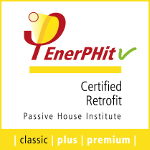 EnerPHit -
EnerPHit -
PHI certification for retrofits
read more
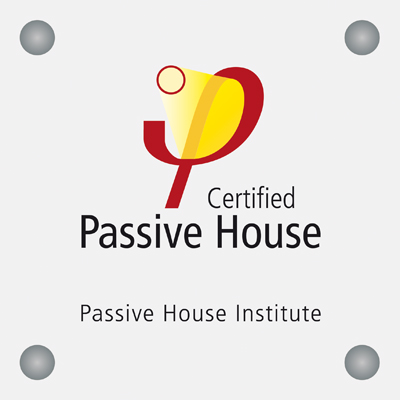 Wall plaque
Wall plaque
for certified Passive Houses
read more
| Press releases |
| Research & Literature |
![]() Passive Houses for different climate zones
Passive Houses for different climate zones
more
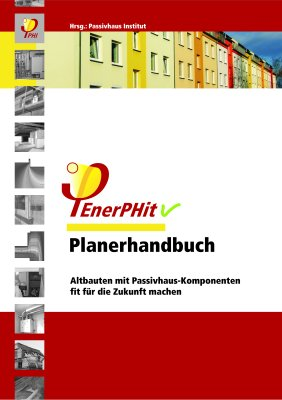 Retrofits with Passive House components -
Retrofits with Passive House components -
EnerPHit Planner Handbook
(in German)
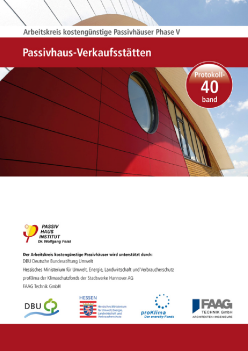 Passive House Retail Stores now out
Passive House Retail Stores now out
Overview of contents
(in German)


